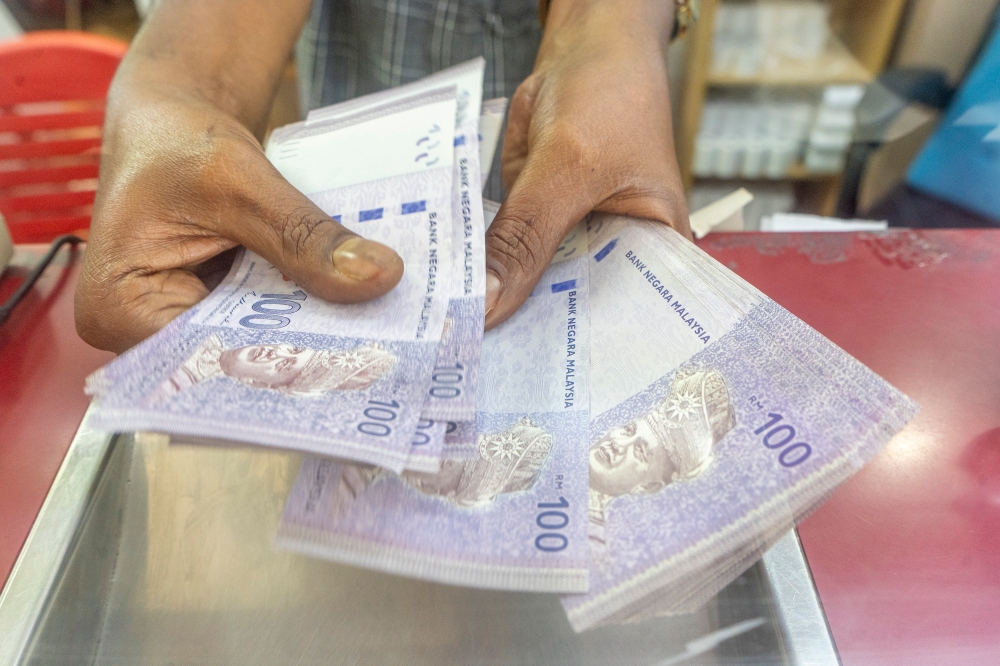MAY 6 — Does anyone still remember the Genneva gold investment fiasco from a decade ago?
People were cheated out of a sizable portion of their life savings by a “gold investment” company which promised a hefty return per annum for all deposits.
At more than eight times the Fixed Deposit rate coupled with tangible gold bars, not everyone could resist these magical returns which, of course, eventually turned out to be one of the most spectacular ponzi schemes in the country.
Even when the company was shut down by Bank Negara, Genneva Gold’s clients were still defending the company and blaming the government for “cancelling” their gold mine.
Ponzi schemes aren’t new and you can bet your, uh, life-savings that many Malaysians will continue to be conned by these uber-lucrative promises because they ignore that famous rule of thumb i.e. if it sounds too good to be true, it probably is.
In a harsh economic climate such as the one we’re enduring, it’s easy to fall prey to predators armed with financial honey. We’re most vulnerable when we’re desperate, thereby setting us up to become suckers to each and every new financial scam out there.
Just this January an elderly woman was swindled out of about RM10 million in a cryptocurrency rip-off. In March, Thai police smashed an investment syndicate which cheated about 50 people out of over RM100 million (with two of the suspects being Malaysians).
And on and on it goes.
When the rewards are all too alluring, the risks become invisible. Our greedy/desperate human nature more or less assures this.
When the gains promised are substantial, the consequences of failure — which can be massive and irreversible — are psychologically dismissed.

Ideas on staying safe
So how can we ensure if a proposition or deal is legit or not? How do we know if our money is protected or at least not being passed along to predators?
First off, let’s be honest: We can never really know. Frauds and tricksters have mastered their art so well, it usually requires expertise of a relatively high level to confirm definitively if an investment or proposal is fake or not.
In such cases, I would advise that young investors treat investment schemes like how tourists are wary of pick-pockets i.e. if you’re unsure, stay away. Proximity (or distance) is the best defence.
If you have doubts, just walk away. Yes you could be walking away from something authentic and valuable, but better you risk losing out on making money than lose a lot of money (see note 1).
In my college, we hammer home that point to all our budding would-be fresh grads to Just Say No to propositions which sound insanely wonderful.
The second idea is, well, to spend time learning from the best financial advisors out there.
By these I would also include very wise and patient uncles or aunties who’ve managed to stay afloat through difficult times; such people are great mentors for calming the financially restless spirit always obsessed with the “next big thing”.
Finally? I don’t want to preach but maybe if we cultivate contentment and satisfaction with what we already have, etc. it’ll help tame those impulses within us which tend to trip us up.
Who knows, maybe gratitude as a lifestyle can end up being a life-saver financially too?
* Note 1: Even as I write this, I’m ironically aware that many Malaysians engage in very high-risk high-stake arrangements with their money. This is the activity generally known as gambling. Some people want to risk everything on one roll of the dice and nothing we say is going to change their minds.
* This is the personal opinion of the columnist.






















